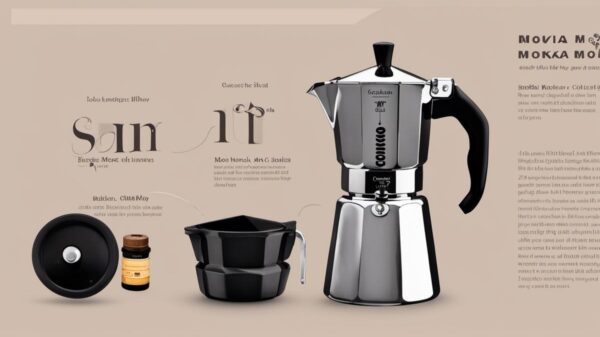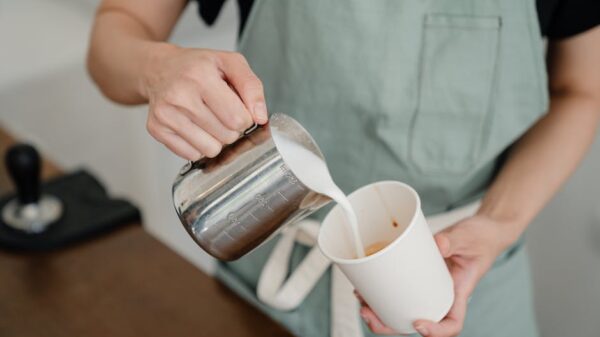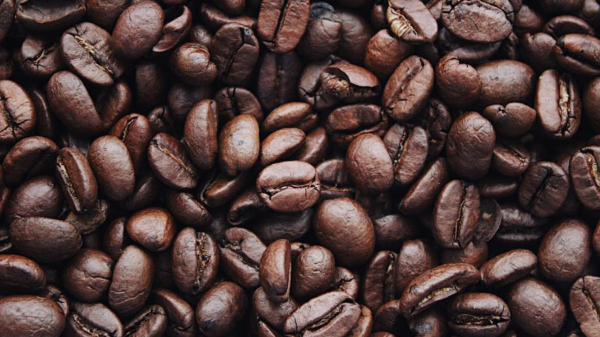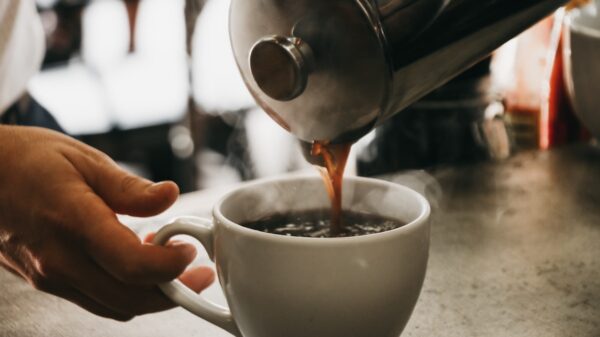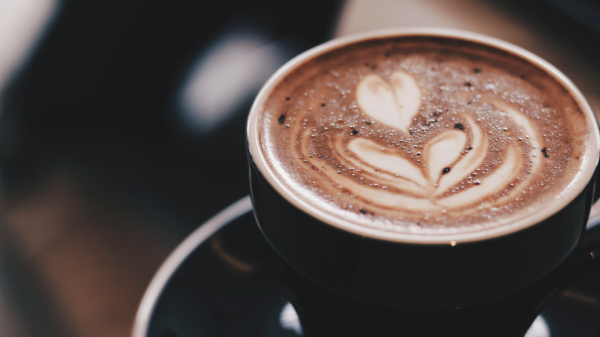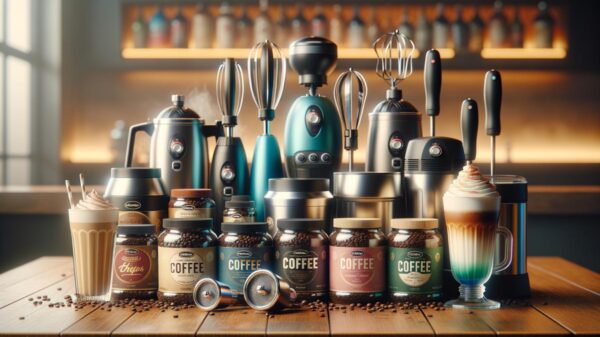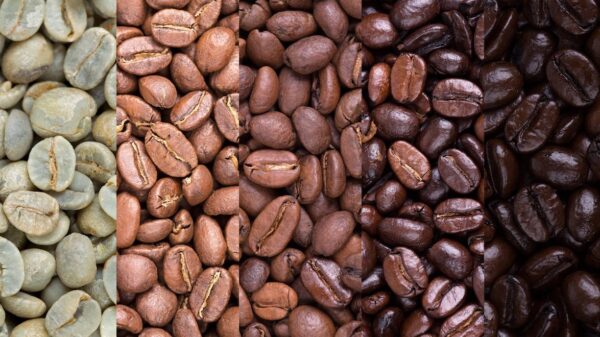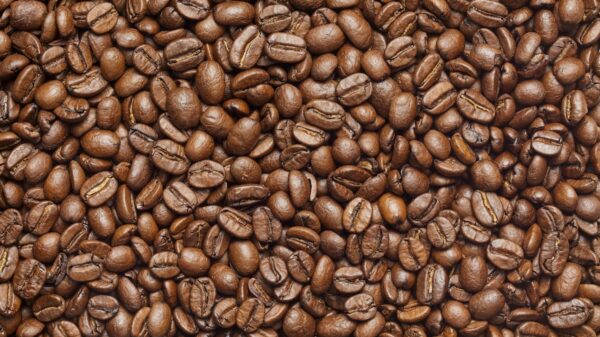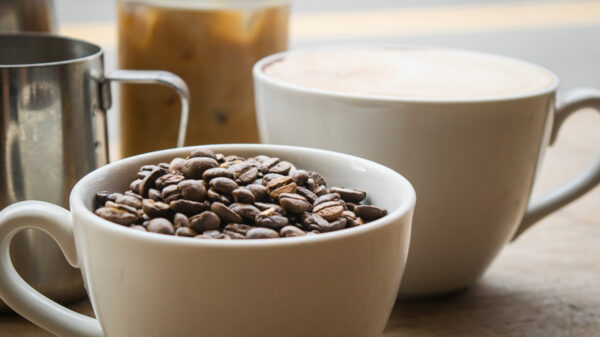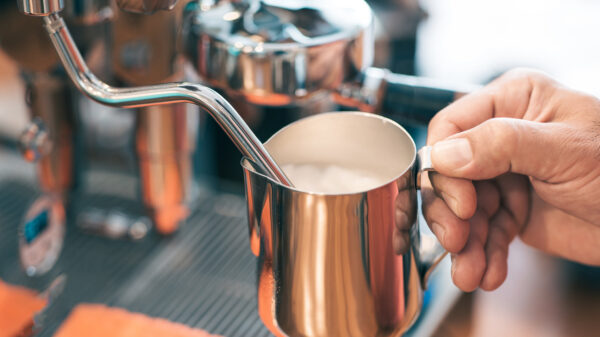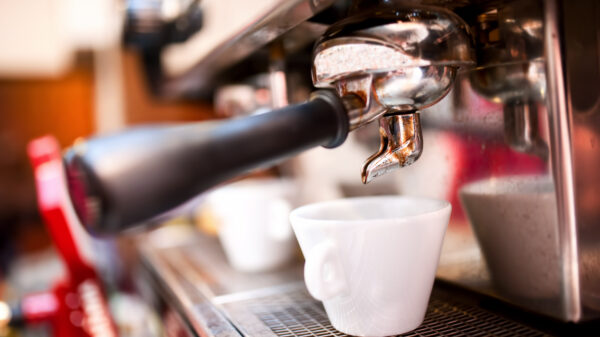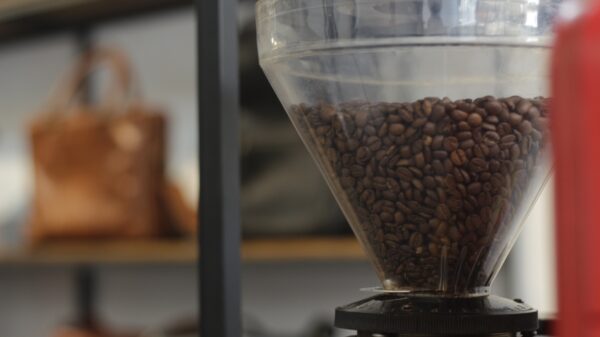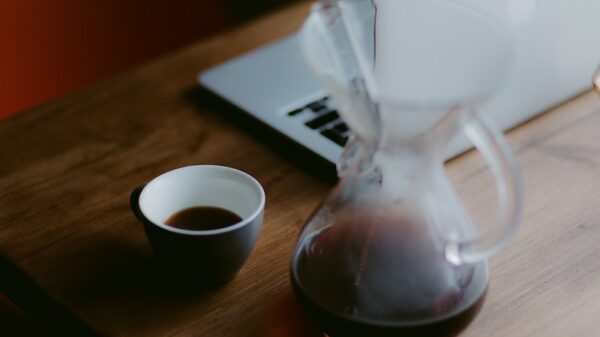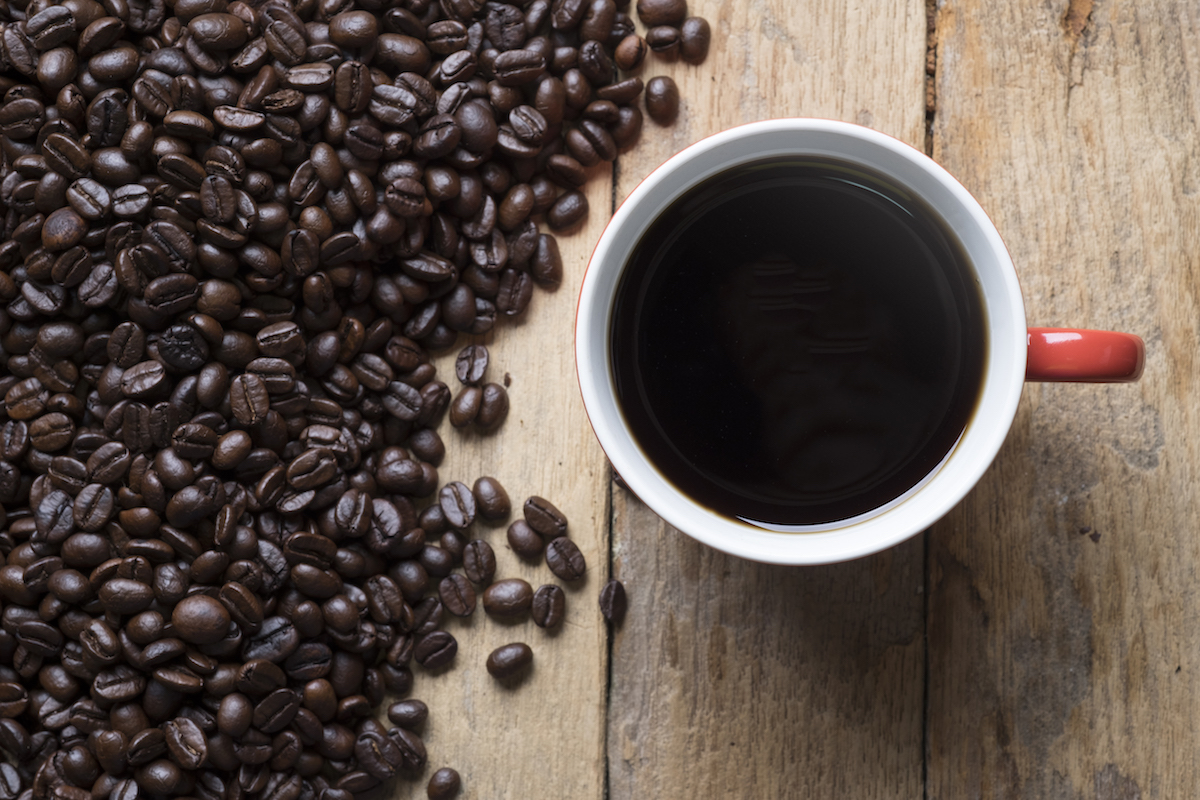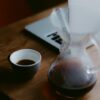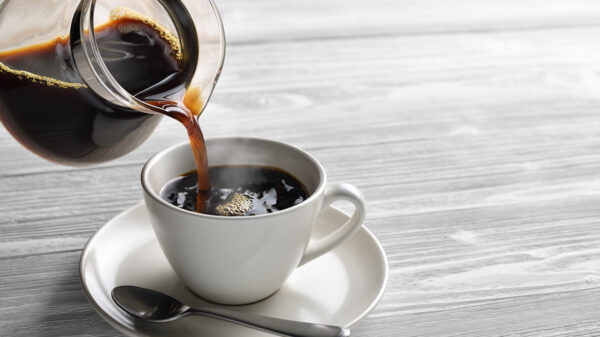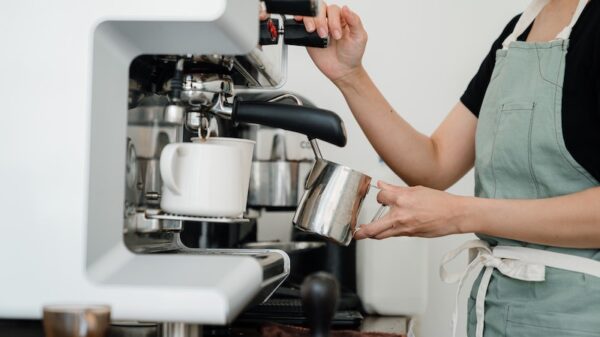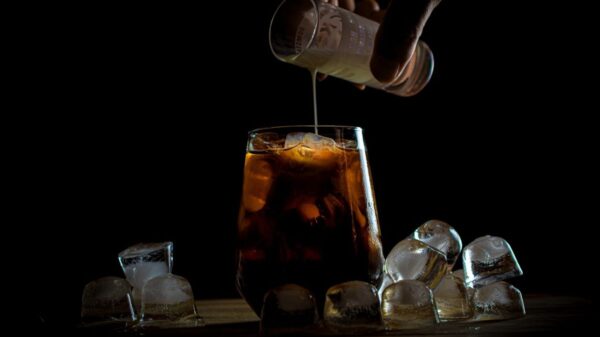Coffee and Depression
I, like many others, rely on my morning cup of coffee to get me ready for my day. But while I know coffee has plenty of benefits, I know it has some significant downsides as well. One downside I’ve heard about is that coffee can cause depression, and I decided to look into that claim. So, does coffee cause depression?
No, coffee doesn’t cause depression, but studies have shown that it can worsen symptoms of depression. At the same, however, other studies show that it can help improve the symptoms of depression.
Coffee can have a significant effect on people with depression – either for the good or for the bad, depending on the person.

How Coffee Can Affect Depression Symptoms
Coffee can affect people with depression both positively and negatively. Here are a few of the positive effects coffee can have for someone struggling with depression:
– It improves brain health.
Clinical depression has to do with your brain’s biological functions, and caffeine and some of the compounds found in coffee can improve your brain’s health. As a result, coffee can help reduce the risk of depression and other mental illnesses as well as reduce the severity of depression symptoms.
– It can improve mood and motivation.
Most people drink coffee as a pick-me-up, and this jolt of energy can have a huge positive impact on those struggling with the lack of motivation that can come with depression. However, this caffeinated energy boost is often followed by a crash, which can negate the previous benefits.
Now, here are a few of the negative ways coffee can affect people with depression:
– It can worsen sleep.
Coffee is a stimulant, and this can lead to an increase in anxiety levels, which can make it harder to fall asleep. This lack of restful sleep will only add to the symptoms of depression.
– It can exacerbate anxiety.
Too much coffee can lead to higher levels of caffeine-induced anxiety, which can trigger panic attacks or other symptoms related to generalized anxiety disorder (GAD), which often comes with clinical depression.
– It can cause irritability.
Caffeine has been known to cause irritability for some people, and it’s often worse for those who are already struggling with depression.
– It can cause emotional slumps.
When the caffeine wears off, people may experience a “crash” or emotional slump. This can cause them to feel worse than before and make it difficult to stay motivated, and it’s often magnified for people with depression.
The bottom line is that coffee doesn’t cause depression, but it could worsen the symptoms of an individual who already suffers from depression.
If you are struggling with depression, it’s important that you monitor how coffee and other caffeinated beverages affect your mood and speak to a mental health professional before making any major changes in your consumption or lifestyle habits.

Alternatives to Drinking Coffee
If you are concerned about the effects of coffee on your depression, there are alternative sources of energy and stimulation that can help boost your energy without the crash. Here are a few suggestions:
– Black or Green Tea
These types of tea contain less caffeine than coffee, making them a great alternative for those who are looking for less — but not zero — caffeine. Green tea especially has many additional health benefits as well.
– Decaf Coffee
Decaf coffee still has some of the stimulating effects and flavors of regular coffee but without the jittery crash.
– Natural Herbal Tea
Herbal teas such as chamomile or rooibos have zero caffeine and instead possess calming properties that can help soothe feelings of anxiety or depression.
– Dark Chocolate
Dark chocolate contains high levels of antioxidants and mood-boosting compounds like tryptophan, which can reduce stress levels. While dark chocolate does contain some caffeine, it doesn’t have nearly as much as coffee does.
– Water
Staying hydrated is incredibly important for your mental and physical health, and you might be surprised at how well water can provide you with the energy you need to get through the day without any of the crashes or jitters.
– Exercise
It may sound counterintuitive, but exercise is one of the best natural ways to boost your energy while reducing symptoms of depression. Movement helps release endorphins, increase serotonin levels, and reduce cortisol (stress hormones), so try swapping your morning java for a quick workout that you find enjoyable.
Depression can be treated in many ways, and diet is an important factor to consider. If you believe that coffee is having a negative effect on your mental health, then it may be time to look for alternatives. Ask your doctor or mental health professional about what lifestyle changes might help reduce the severity of your depression symptoms.
How To Lower Your Coffee Intake Without Going Cold Turkey
If you’re looking for ways to lower your coffee intake, here are a few tips that can help you do it gradually, minimizing any withdrawal symptoms:
1. Reduce your coffee intake slowly
Instead of cutting out coffee all at once, try reducing the amount of coffee that you drink each day. This will help reduce the severity of withdrawal symptoms while also allowing your body to adjust more gradually.
2. Find alternatives
Look into other sources of energy that contain less caffeine like black or green tea, decaf coffee, herbal teas, dark chocolate, or water. If you drink multiple cups of coffee a day, try substituting one cup of regular coffee with an alternative each day until you’ve reached your coffee intake goal.
3. Get enough sleep
Aim for 7-9 hours of sleep a night, as this can help reduce the need for caffeine to stay alert throughout the day. If your schedule allows, don’t be afraid to take short naps as well.
4. Exercise
Regular exercise has been found to be one of the most effective ways to boost energy levels while also reducing symptoms of depression. Try going for a morning walk with your dog or doing some yoga during your lunch break instead of reaching for that cup of coffee.
5. Plan ahead
Start planning out when you’ll drink coffee and when you’ll stick with alternatives.
The Bottom Line
Reducing or eliminating coffee from your diet doesn’t have to mean going cold turkey: With some planning and commitment, you can lower your coffee intake without having to give up the energy boost altogether.
Just remember to consult with your doctor or mental health professional before you do this, even if you believe that cutting back on coffee is necessary for your overall well-being.

Related Questions
How much caffeine is in a cup of coffee?
The amount of caffeine in a single cup of coffee can vary greatly, depending on the type and size of your brewed drink. However, a typical 8-ounce cup of brewed coffee contains about 95 mg of caffeine, while an espresso may contain as much as 77 mg per shot. Instant coffee usually has less than half that amount—around 35 mg per cup. Decaf coffee still contains small amounts of caffeine, usually between 2-7 mg per cup.
How long does a caffeine boost last?
The effects of caffeine usually last about 3-5 hours, depending on the individual. Higher doses of caffeine will result in a longer duration of alertness and energy, as well as more intense energy peaks and crashes.




